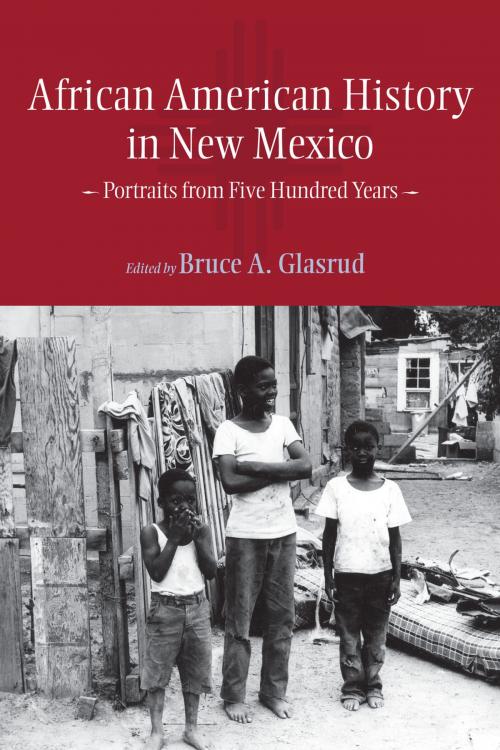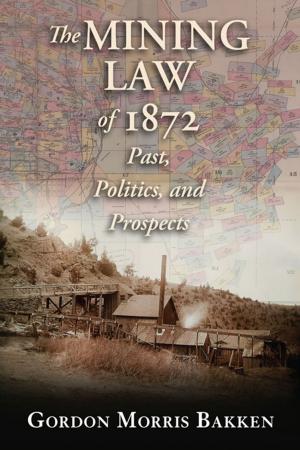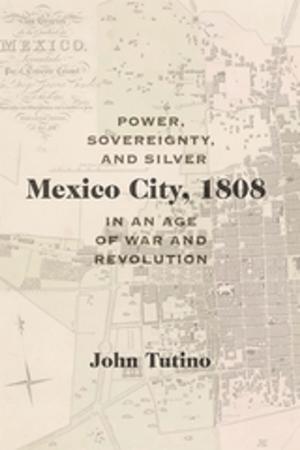African American History in New Mexico
Portraits from Five Hundred Years
Nonfiction, Social & Cultural Studies, Social Science, Cultural Studies, African-American Studies, History, Americas, United States| Author: | ISBN: | 9780826353023 | |
| Publisher: | University of New Mexico Press | Publication: | February 15, 2013 |
| Imprint: | University of New Mexico Press | Language: | English |
| Author: | |
| ISBN: | 9780826353023 |
| Publisher: | University of New Mexico Press |
| Publication: | February 15, 2013 |
| Imprint: | University of New Mexico Press |
| Language: | English |
Although their total numbers in New Mexico were never large, blacks arrived with Spanish explorers and settlers and played active roles in the history of the territory and state. Here, Bruce Glasrud assembles the best information available on the themes, events, and personages of black New Mexico history.
The contributors portray the blacks who accompanied Cabeza de Vaca, Coronado and de Vargas and recount their interactions with Native Americans in colonial New Mexico. Chapters on the territorial period examine black trappers and traders as well as review the issue of slavery in the territory and the blacks who accompanied Confederate troops and fought in the Union army during the Civil War in New Mexico. Eventually blacks worked on farms and ranches, in mines, and on railroads as well as in the military, seeking freedom and opportunity in New Mexico’s wide open spaces. A number of black towns were established in rural areas. Lacking political power because they represented such a small percentage of New Mexico’s population, blacks relied largely on their own resources and networks, particularly churches and schools.
Although their total numbers in New Mexico were never large, blacks arrived with Spanish explorers and settlers and played active roles in the history of the territory and state. Here, Bruce Glasrud assembles the best information available on the themes, events, and personages of black New Mexico history.
The contributors portray the blacks who accompanied Cabeza de Vaca, Coronado and de Vargas and recount their interactions with Native Americans in colonial New Mexico. Chapters on the territorial period examine black trappers and traders as well as review the issue of slavery in the territory and the blacks who accompanied Confederate troops and fought in the Union army during the Civil War in New Mexico. Eventually blacks worked on farms and ranches, in mines, and on railroads as well as in the military, seeking freedom and opportunity in New Mexico’s wide open spaces. A number of black towns were established in rural areas. Lacking political power because they represented such a small percentage of New Mexico’s population, blacks relied largely on their own resources and networks, particularly churches and schools.















